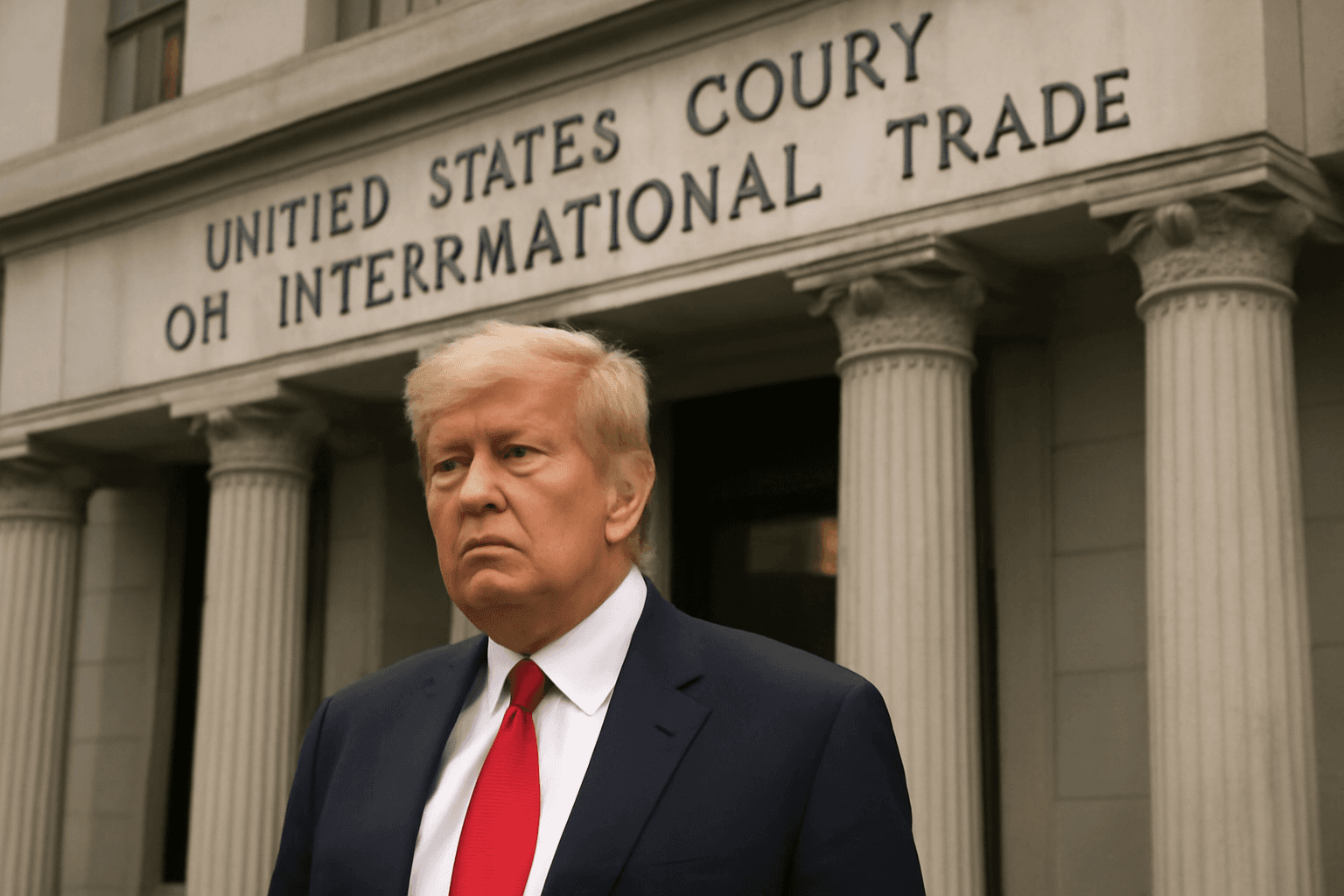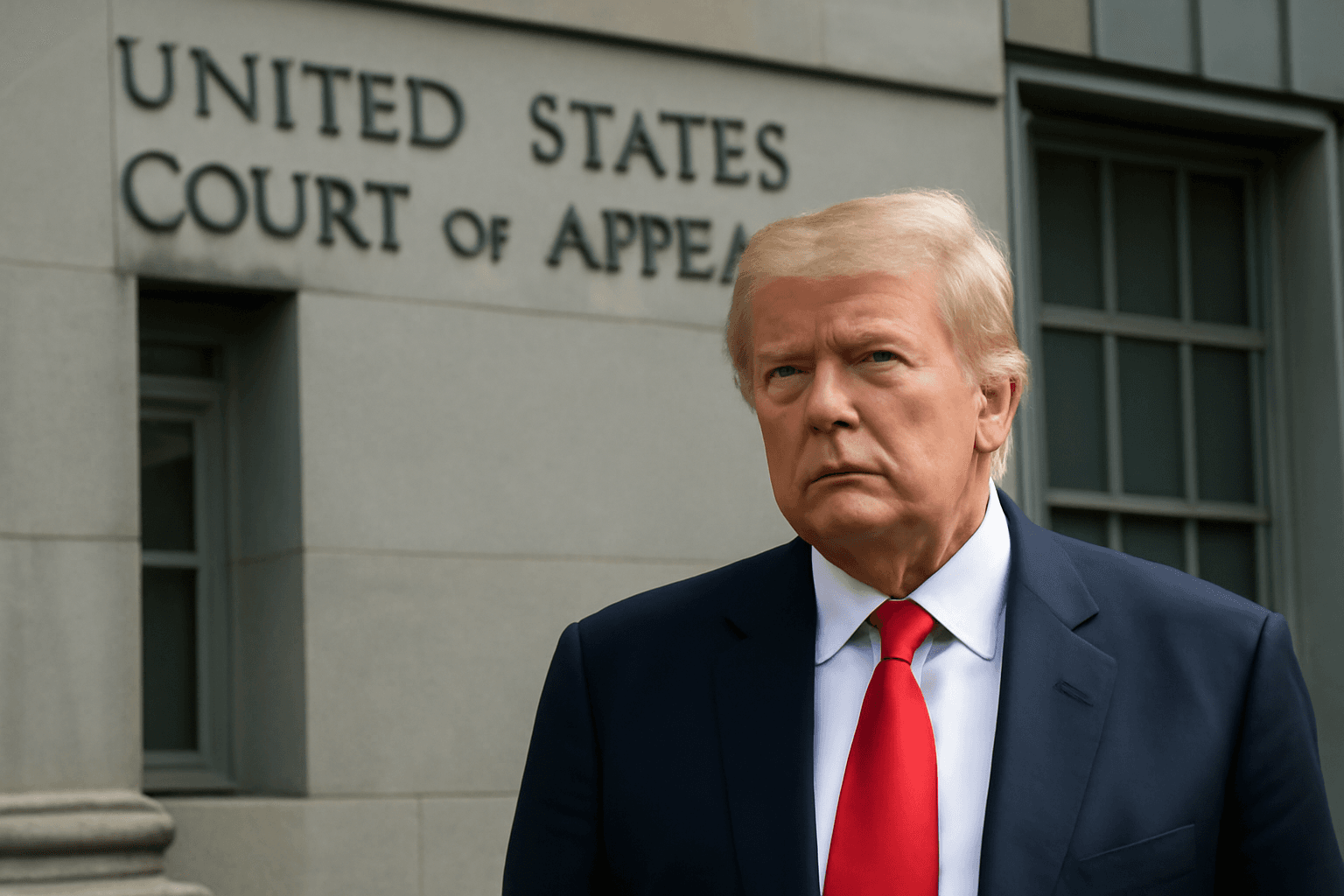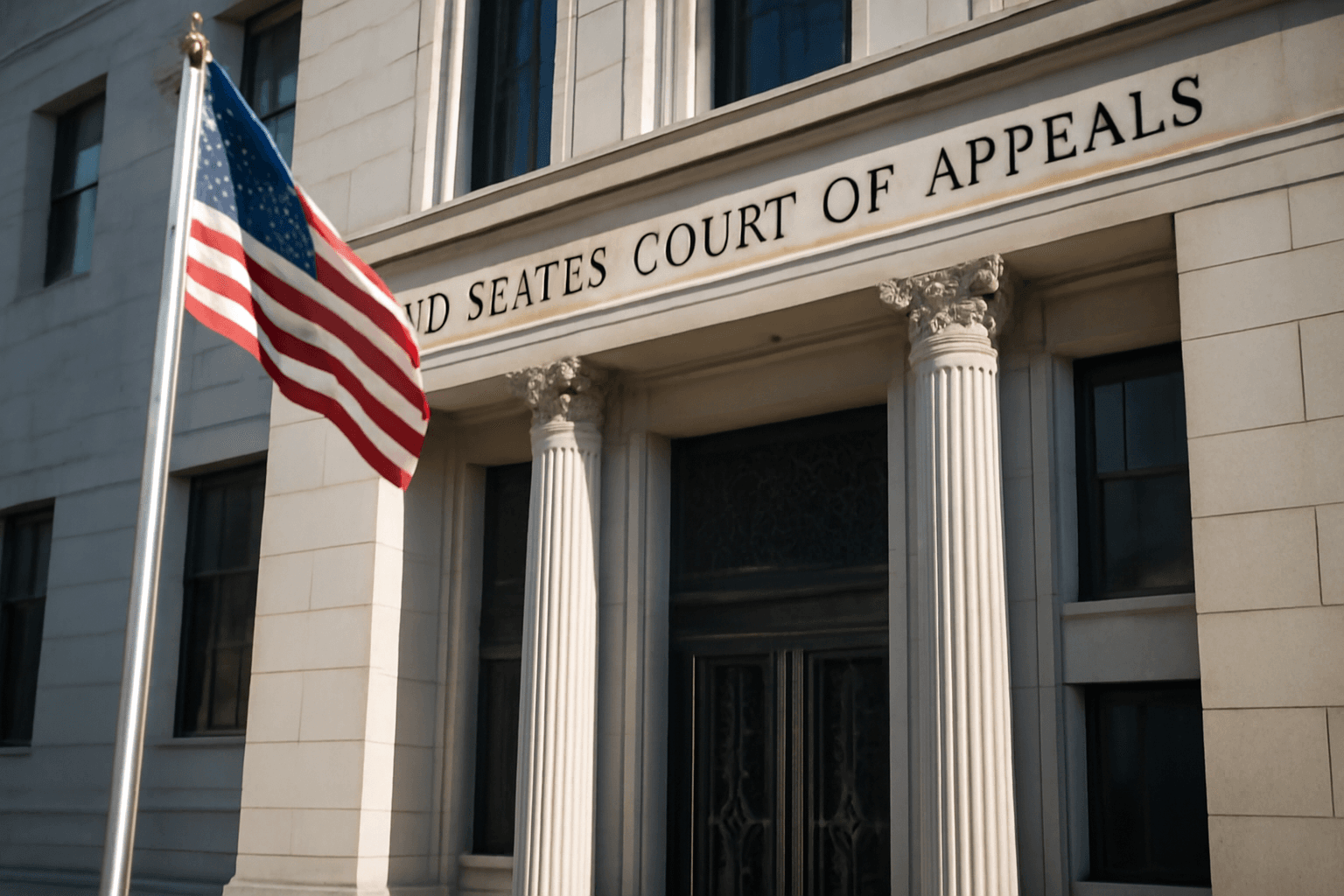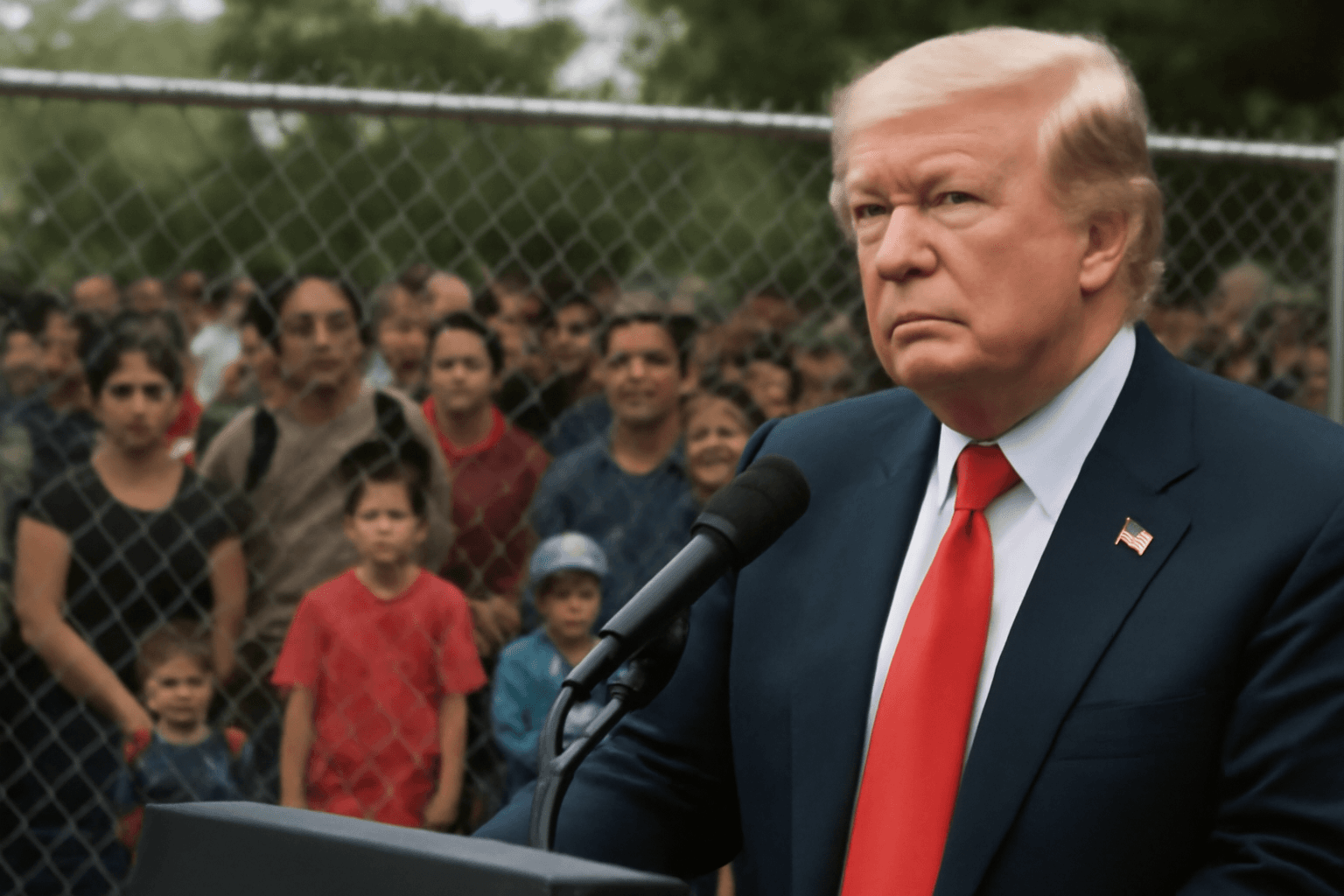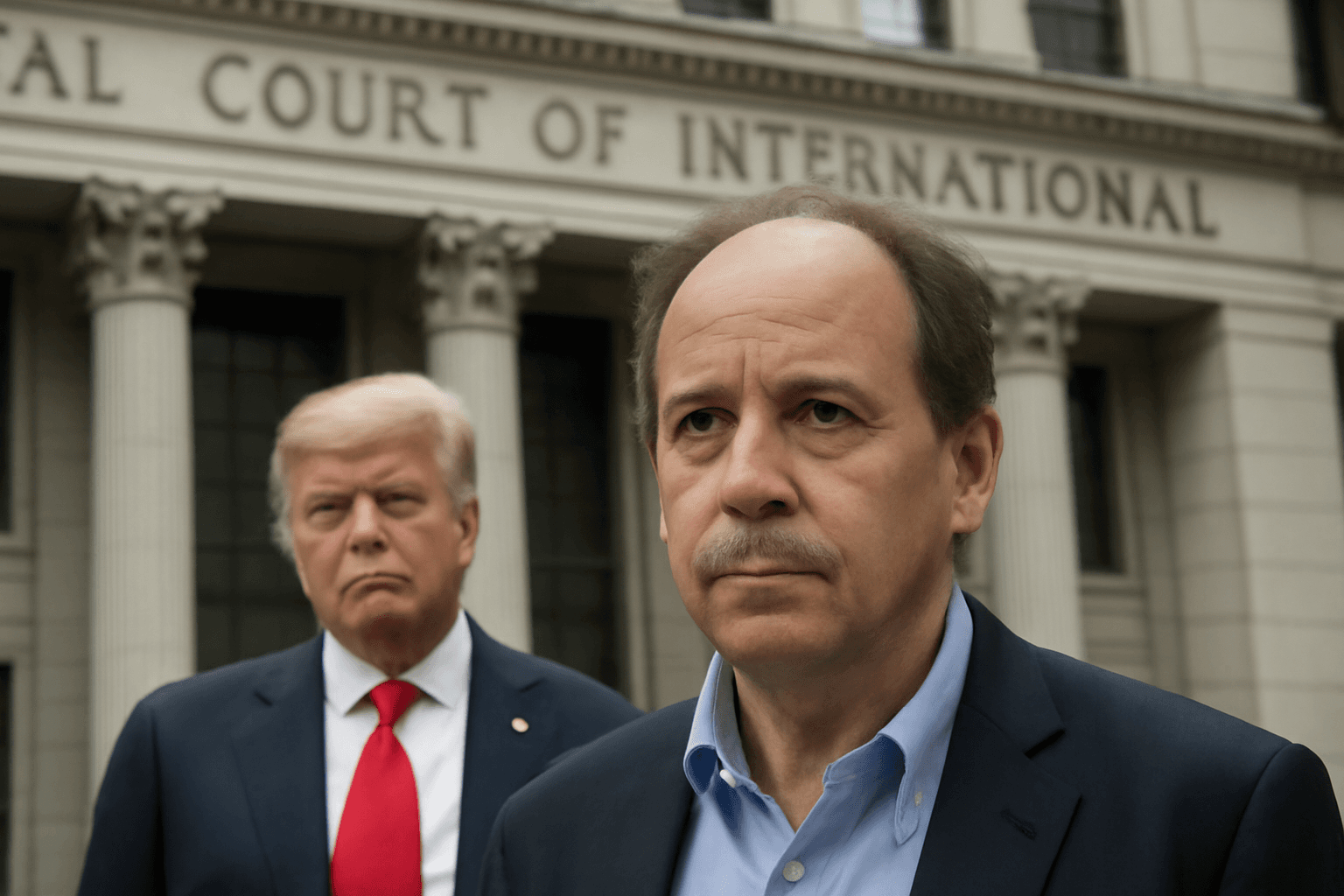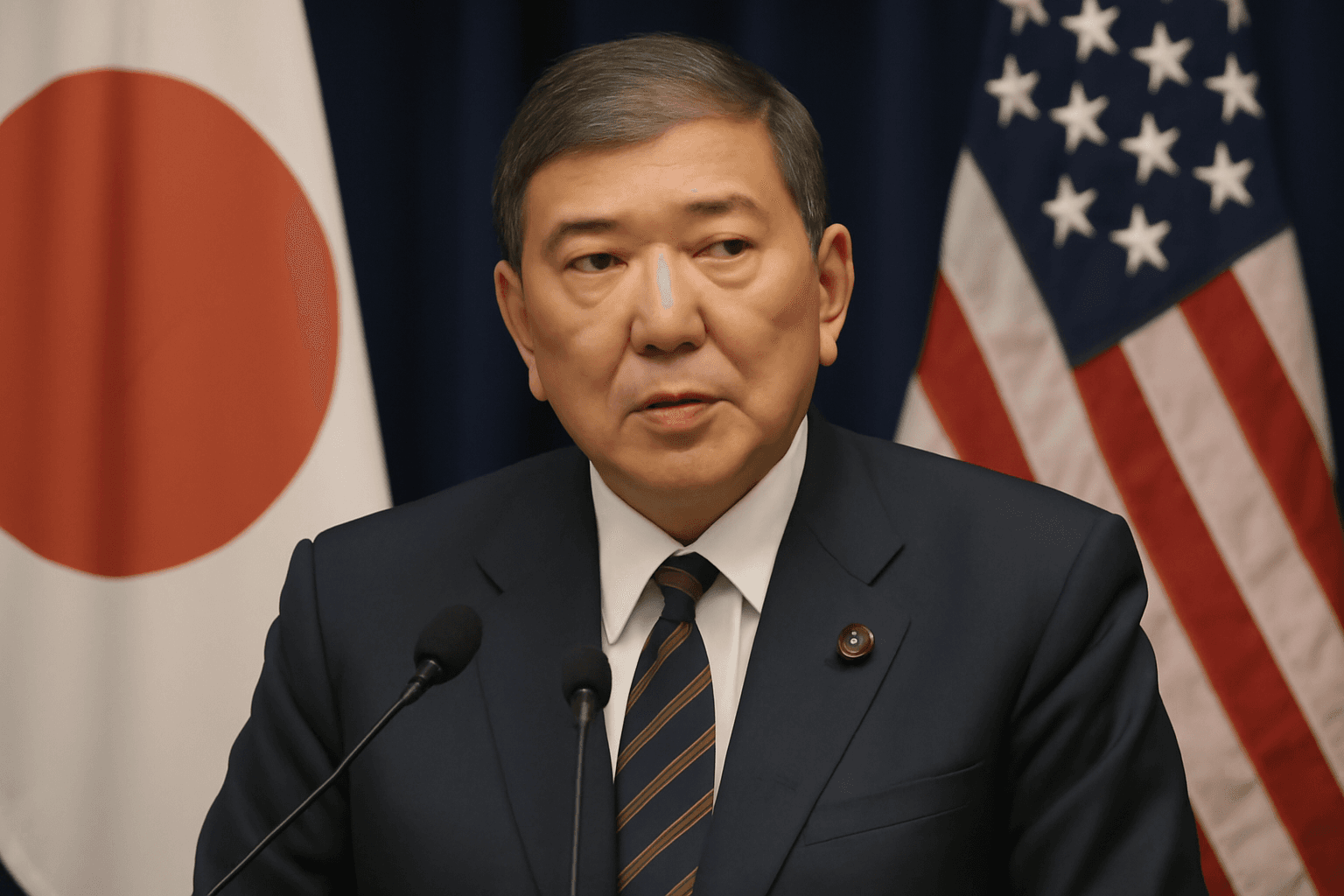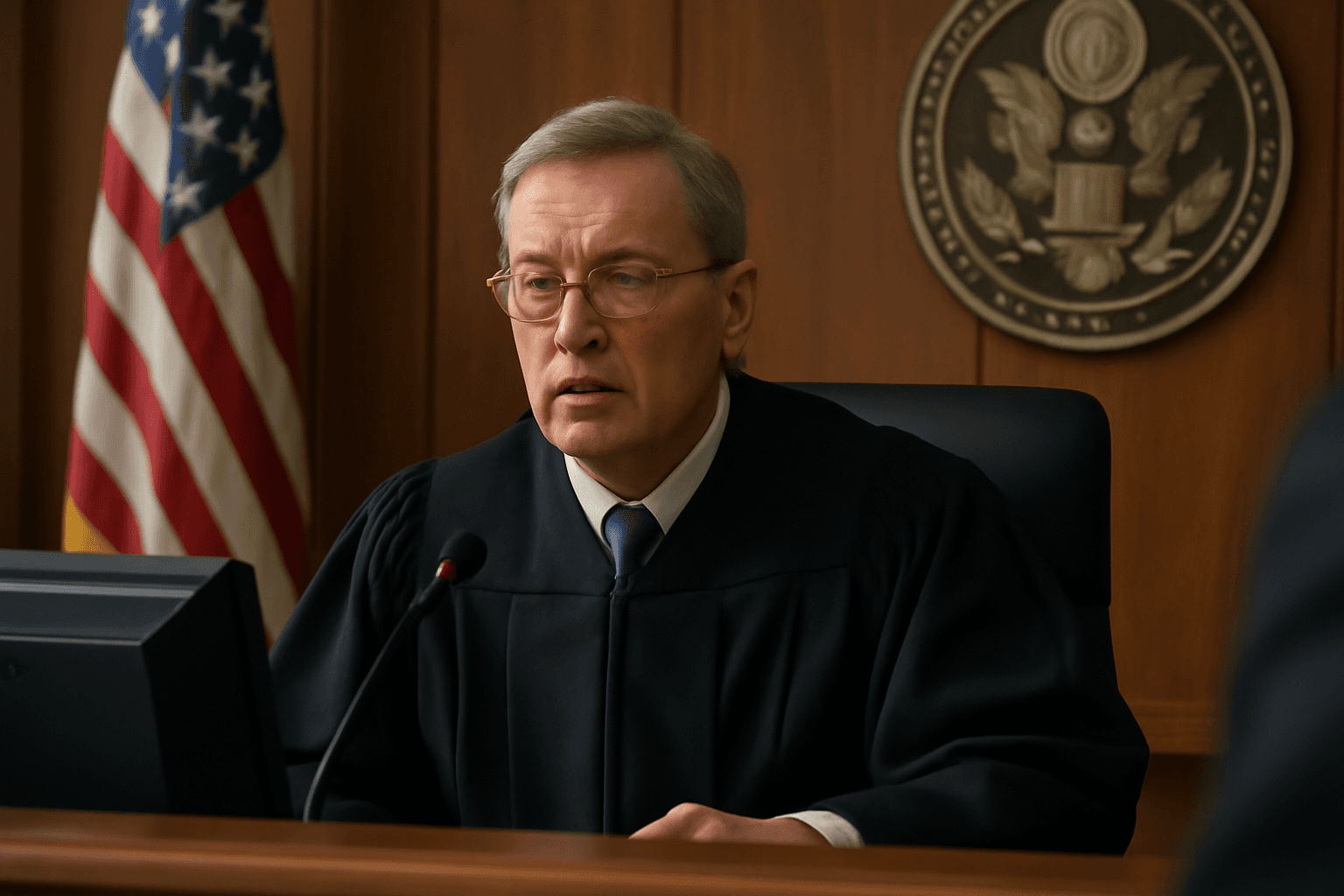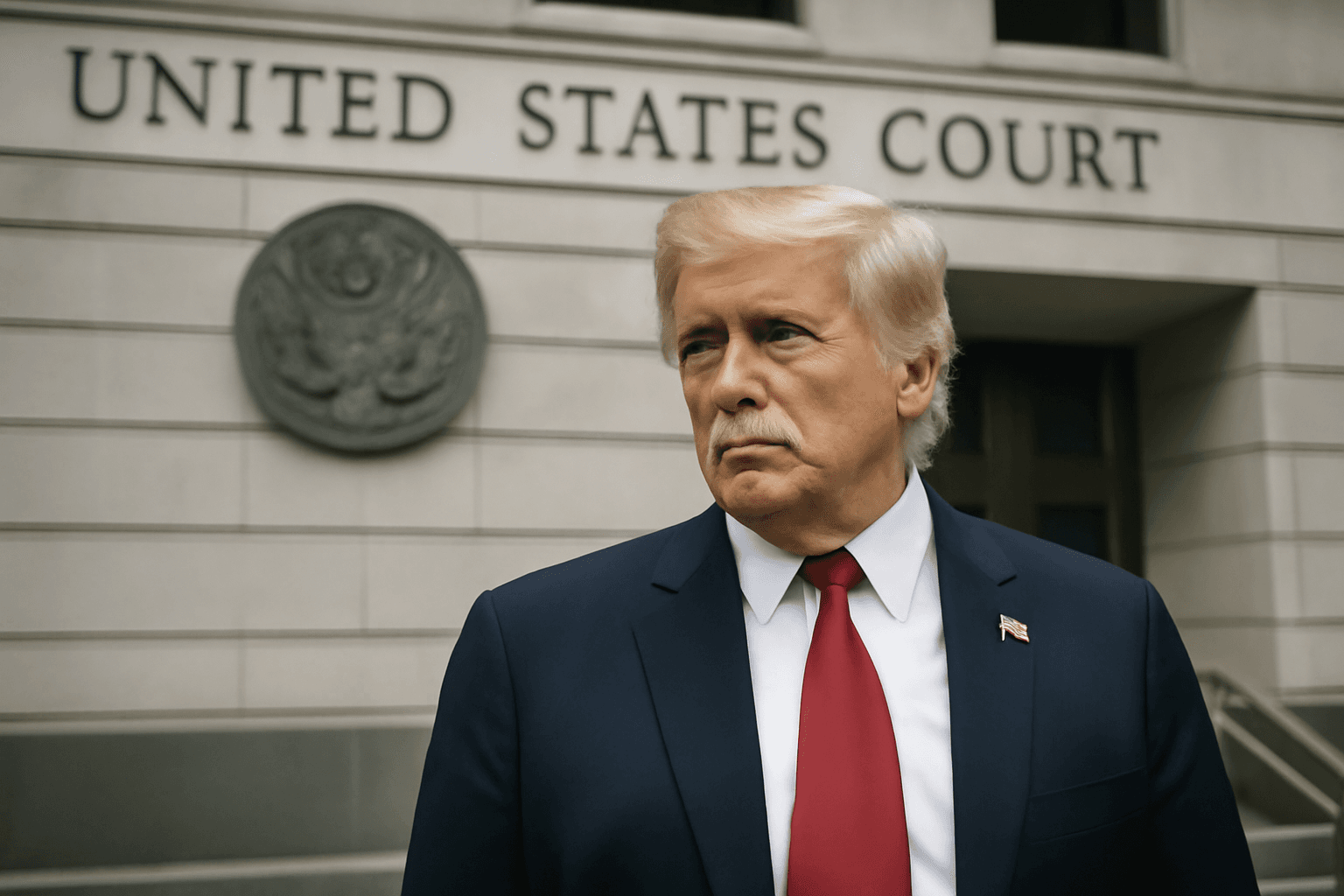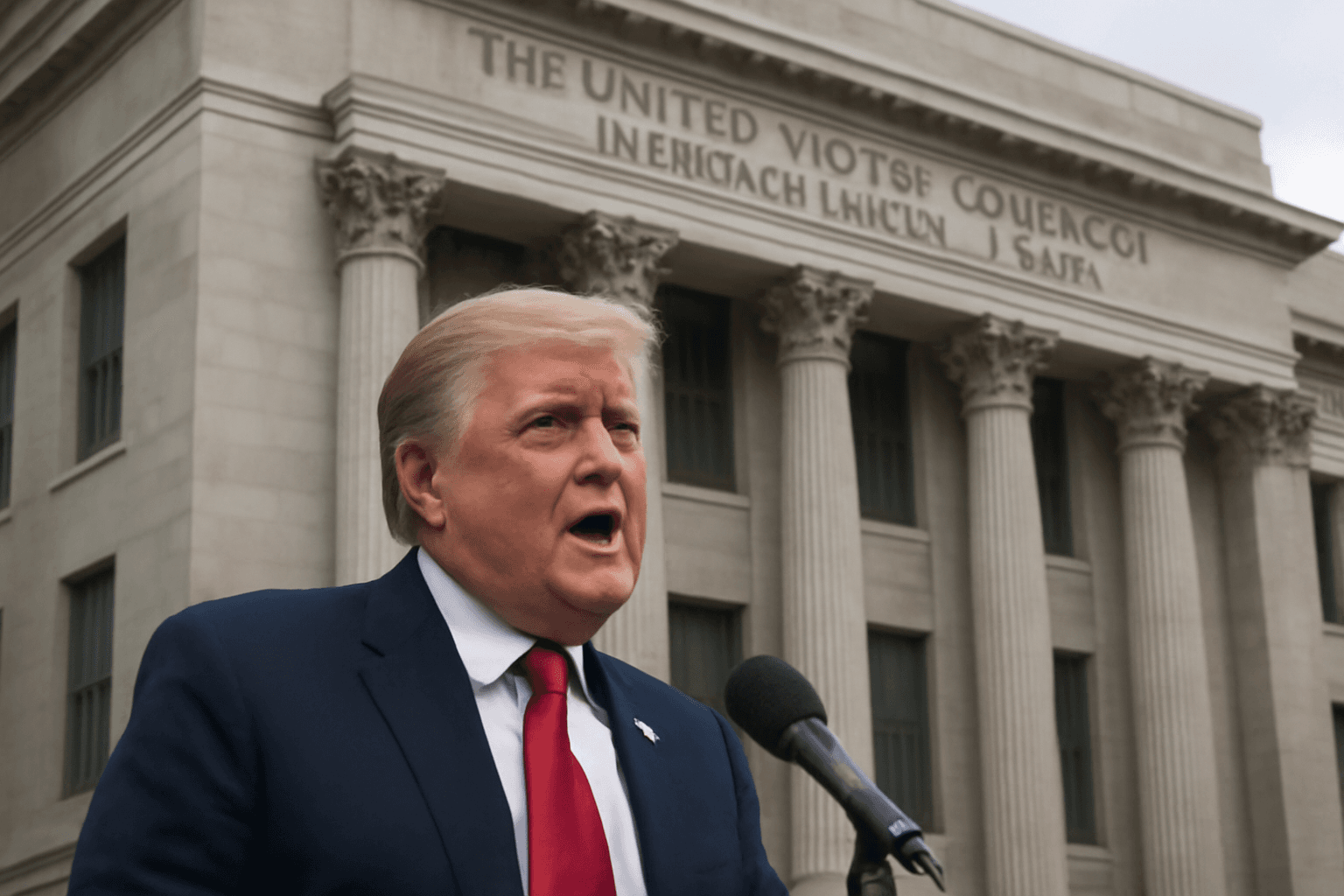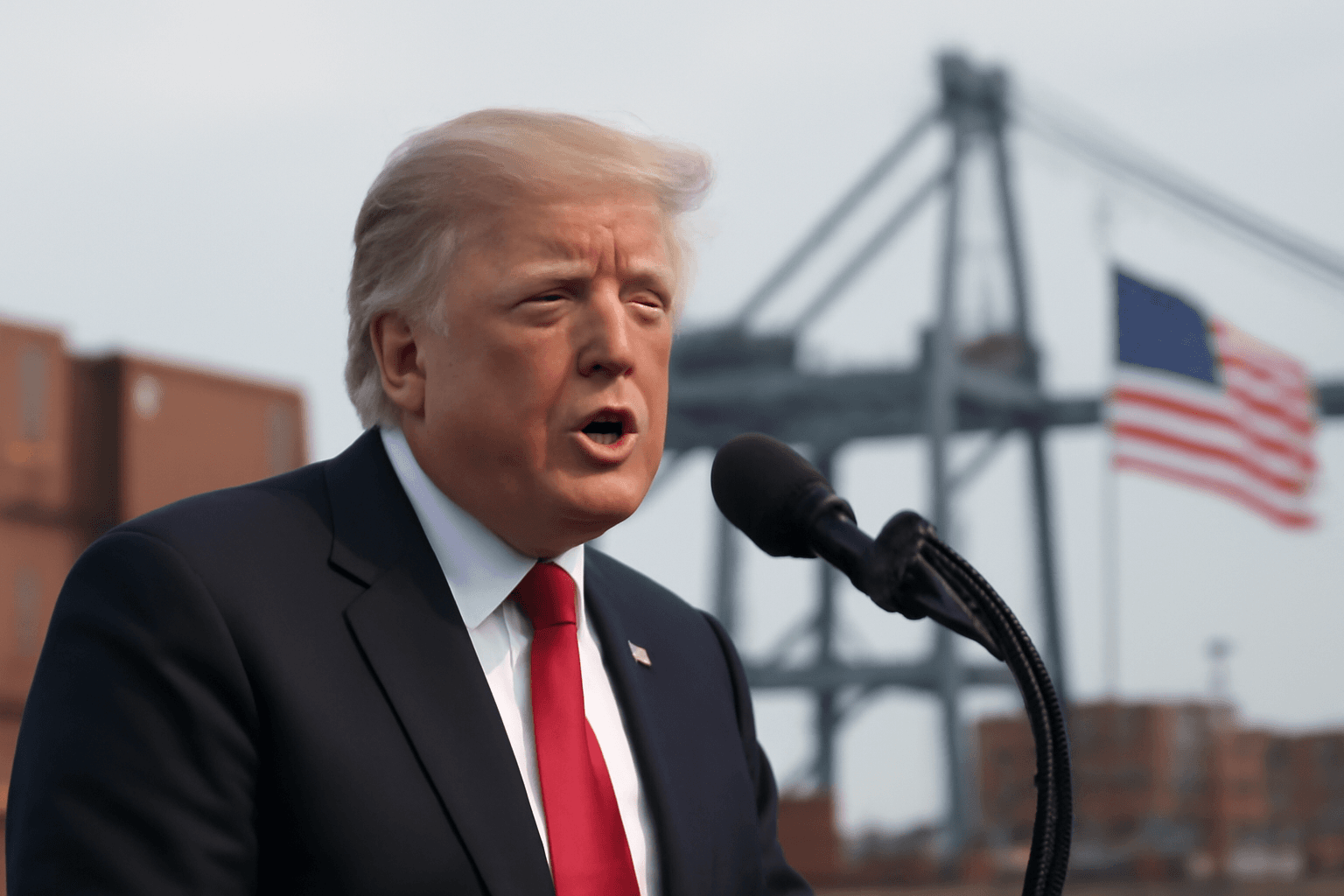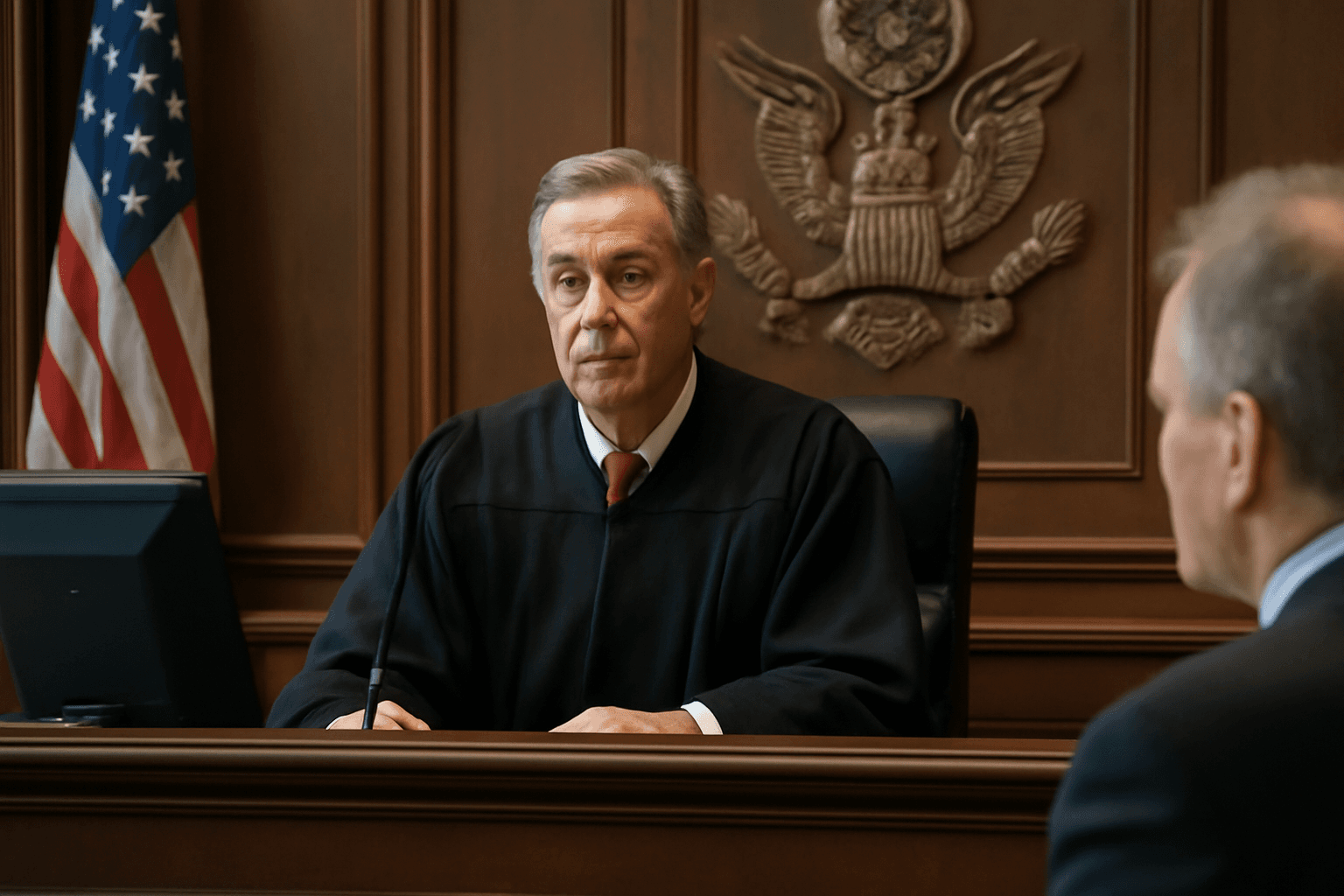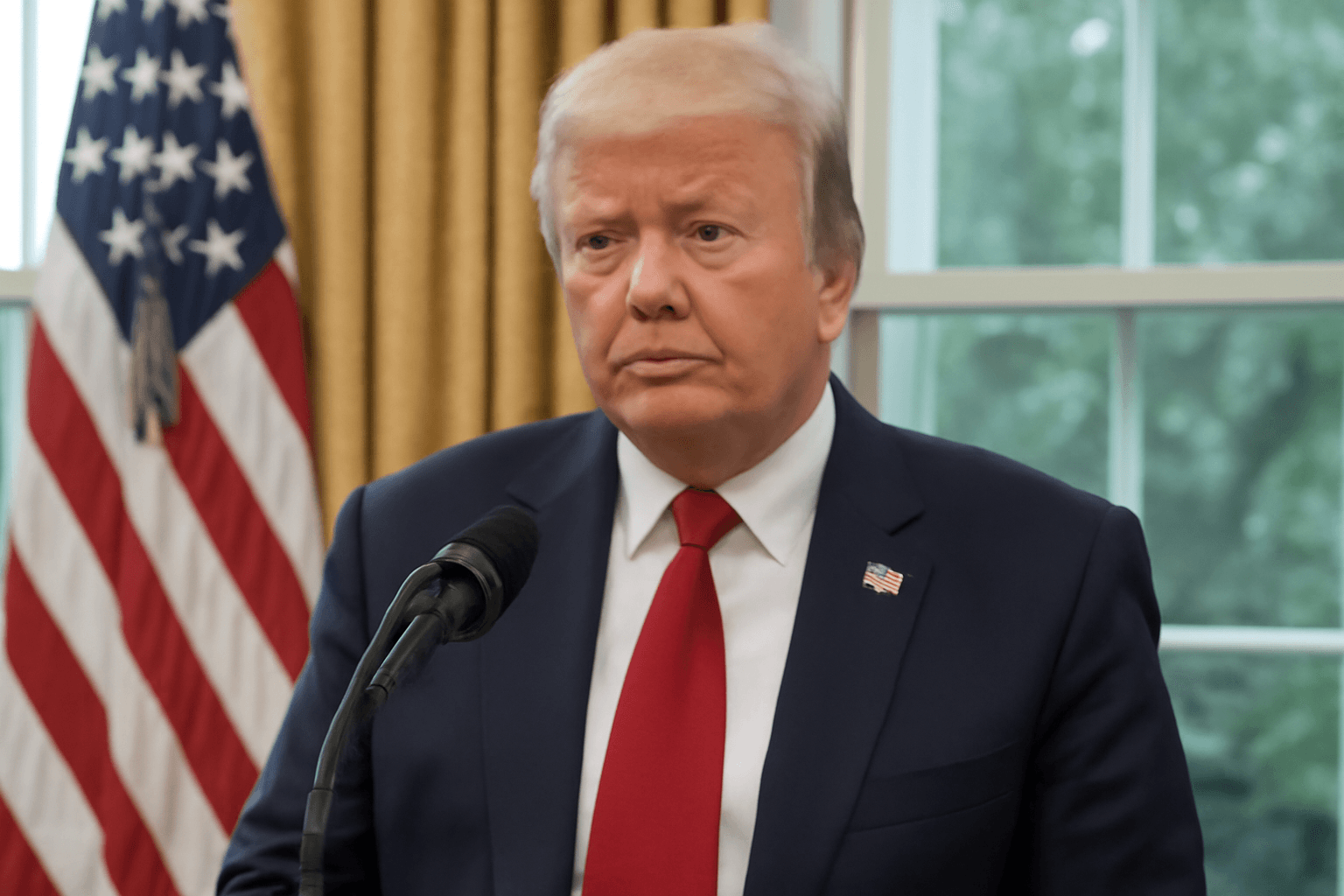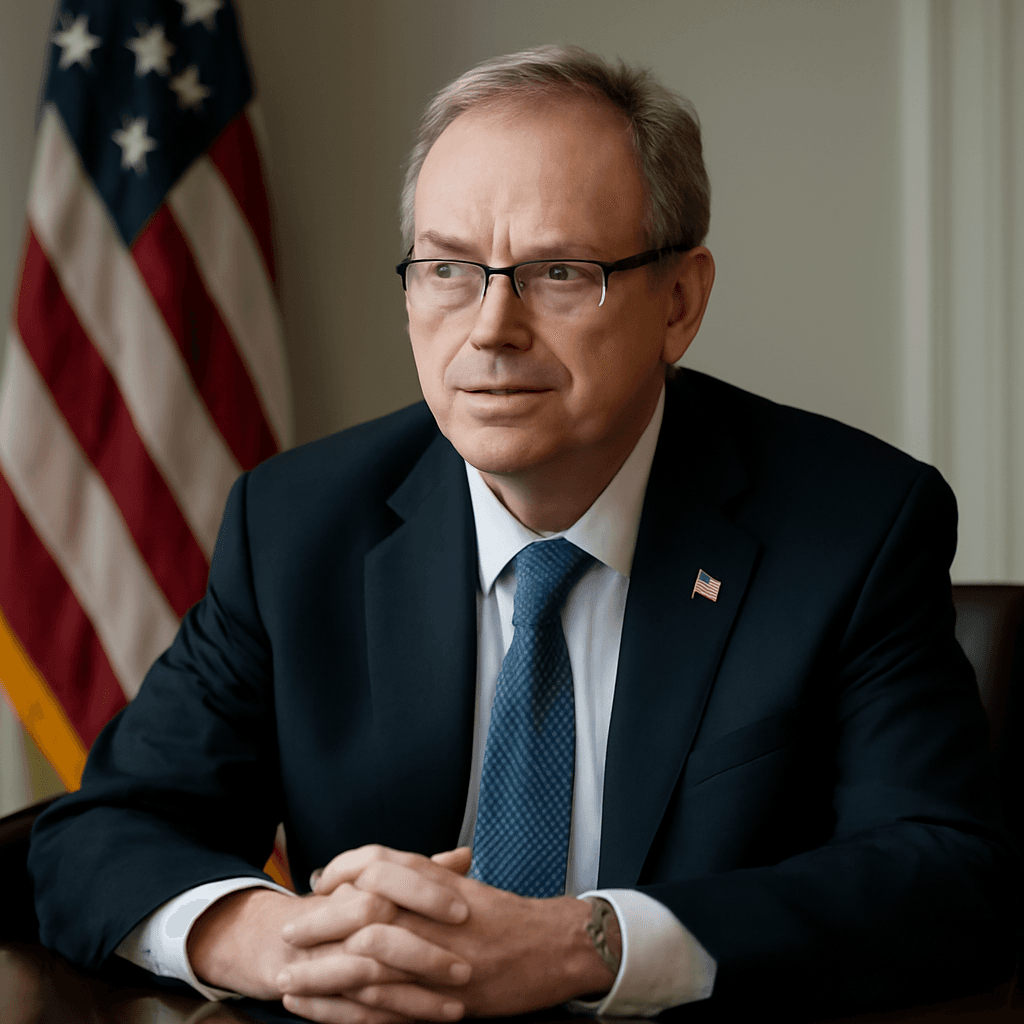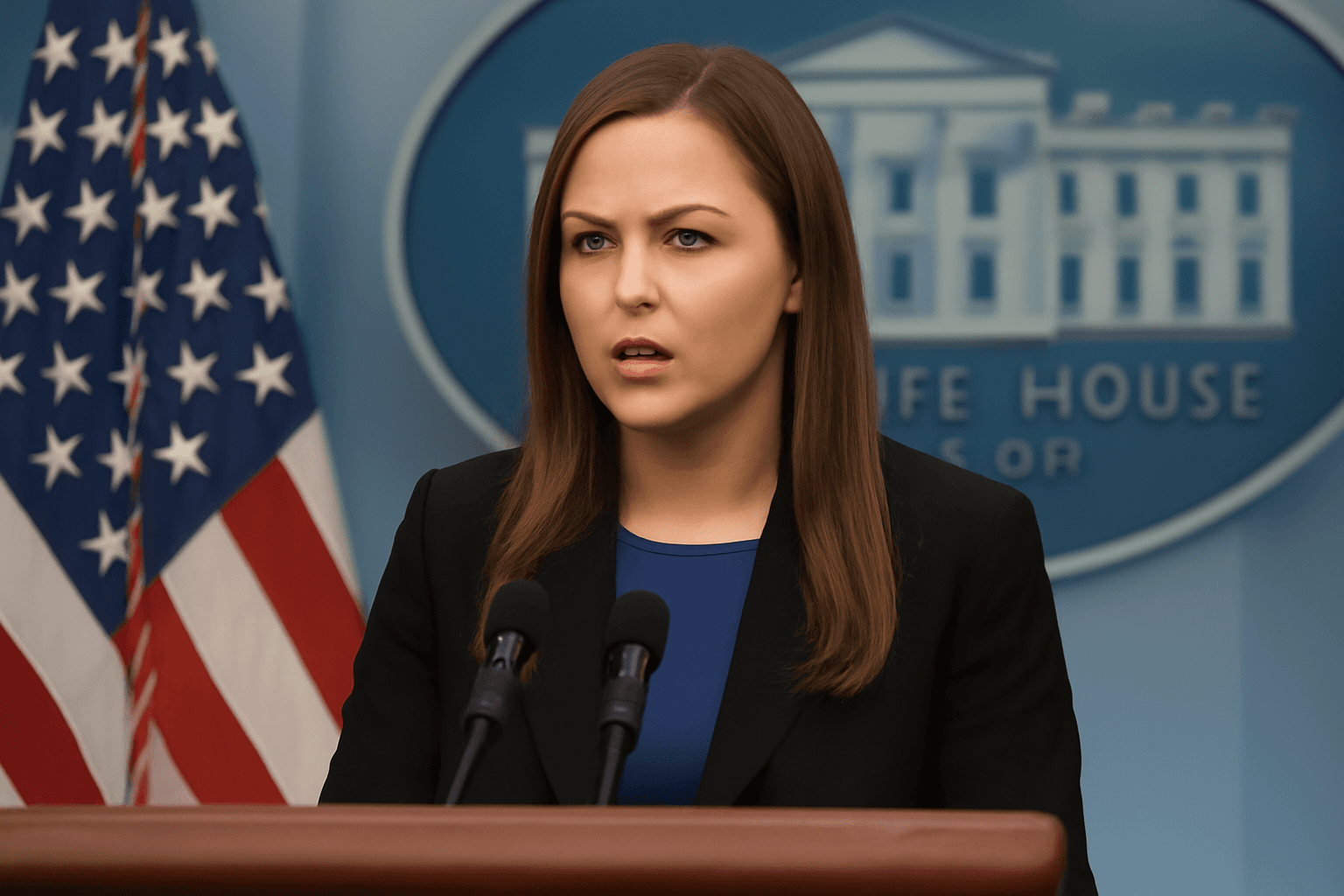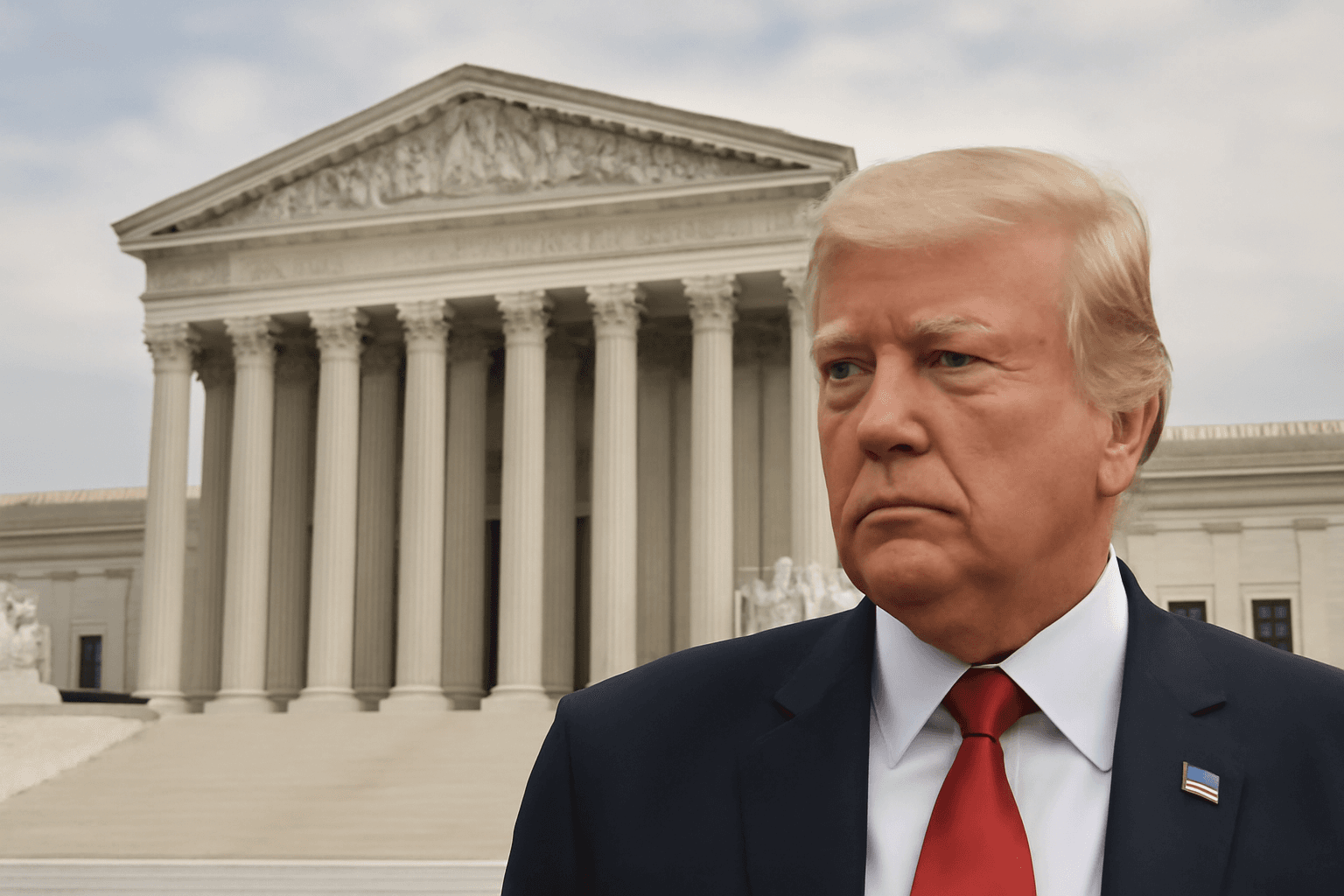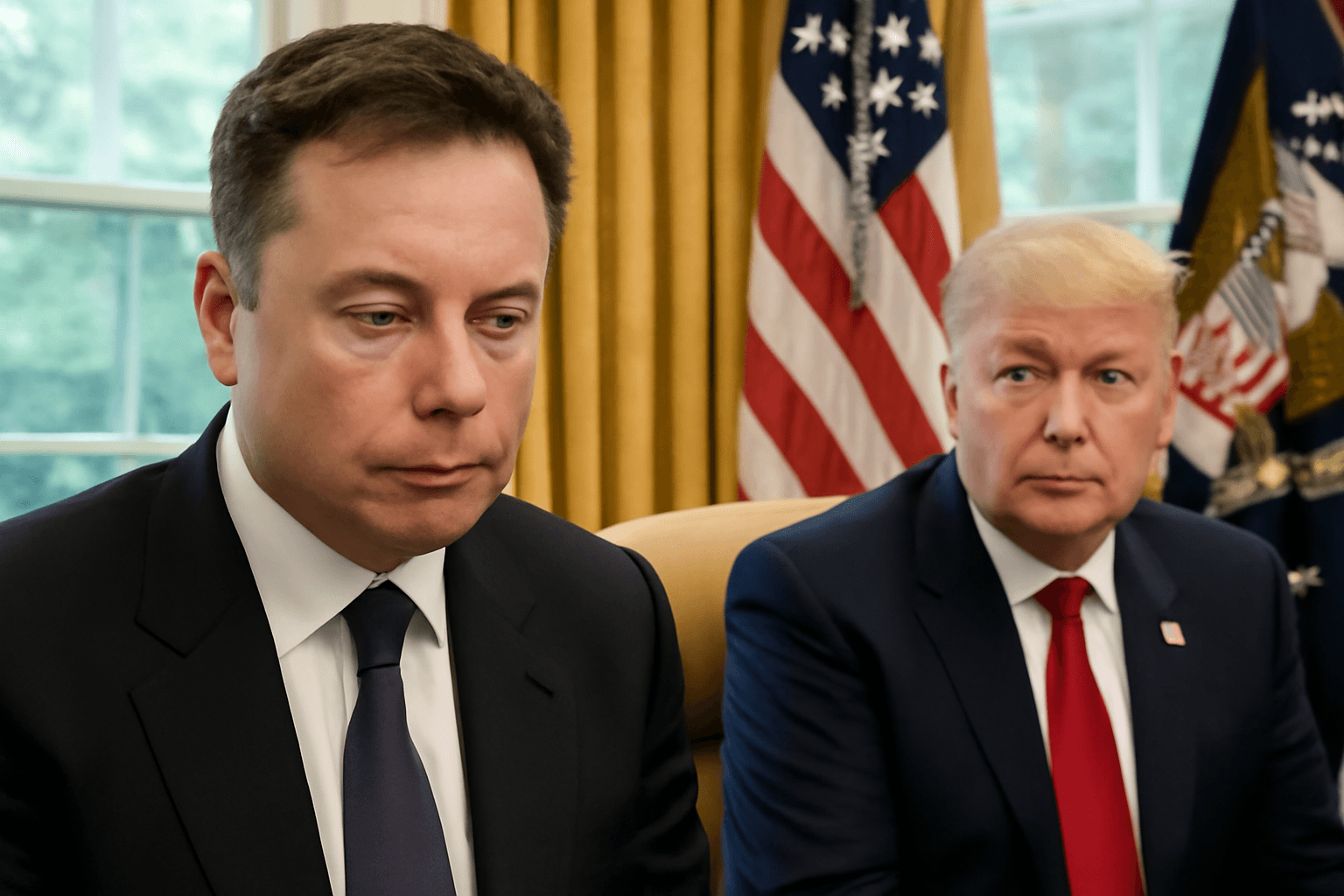A federal court has delivered a significant setback to former US President Donald Trump's tariff policies by invalidating his "Liberation Day" trade orders. The US Court of International Trade ruled that Trump exceeded his executive authority under the International Emergency Economic Powers Act (IEEPA) when imposing broad tariffs last month.
The three-judge panel stated that the tariffs "exceed any authority granted to the President…to regulate importation by means of tariffs," effectively halting one of Trump's most expansive trade initiatives. The court emphasized that the White House acted "contrary to law" by using national emergency powers as justification.
The tariffs were part of Trump's strategy to counter "unfair trade practices" and revive domestic manufacturing through aggressive tariffs on numerous countries. Despite these intentions, several American businesses, including wine importers and others, challenged the tariffs in lawsuits citing direct economic harm.
The White House criticized the ruling as judicial overreach, asserting that responding to national emergencies is within the executive domain. "President Trump pledged to put America First," said a spokesperson, emphasizing the administration’s commitment to using executive power for economic recovery.
Government lawyers defended the tariff regime during hearings, warning that blocking it would undermine US negotiating power internationally. However, Judge Jane Restani rejected this argument, clarifying that legal limits cannot be overridden for political purposes.
The administration argued that unfair trade practices constitute an "unusual and extraordinary threat" to national security, justifying the tariffs under emergency powers. The White House highlighted that persistent trade deficits have harmed American workers and weakened the defense industrial base, but the court ruled that emergency statutes do not authorize tariffs without congressional approval.
Business representatives called the court's decision a necessary check on executive overreach. Meanwhile, under global and domestic pressure, the White House has begun easing some tariffs, including delaying a threatened 50% tariff on European goods.
Additionally, the US and China have agreed to a 90-day mutual reduction of tariffs, temporarily easing tensions and exempting key technology products like smartphones from Chinese tariffs.

